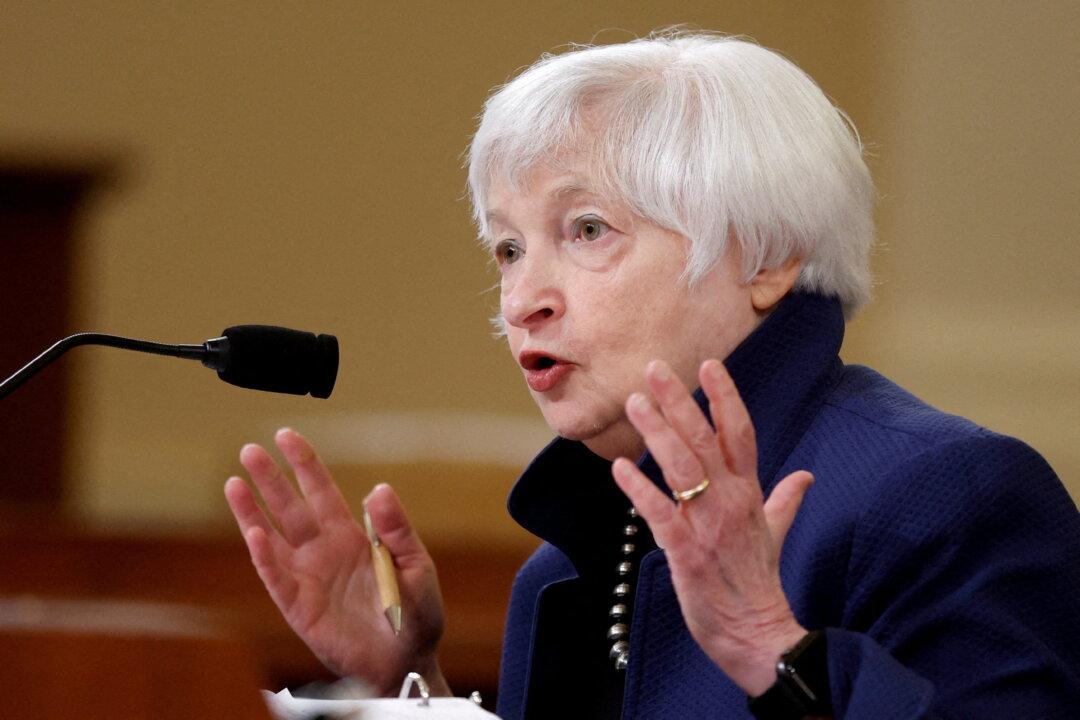Secretary of the Treasury Janet Yellen said Monday that she’s confident that price pressures will ease “over the next year or two,” while leaving open the possibility that in the near term inflation could become even worse.
Yellen made the remarks during an interview on NBC News, released on Oct. 24, in which she said there are “good indications” that inflation will eventually drop, but she’s “not positive” that it won’t get worse before it gets better.





